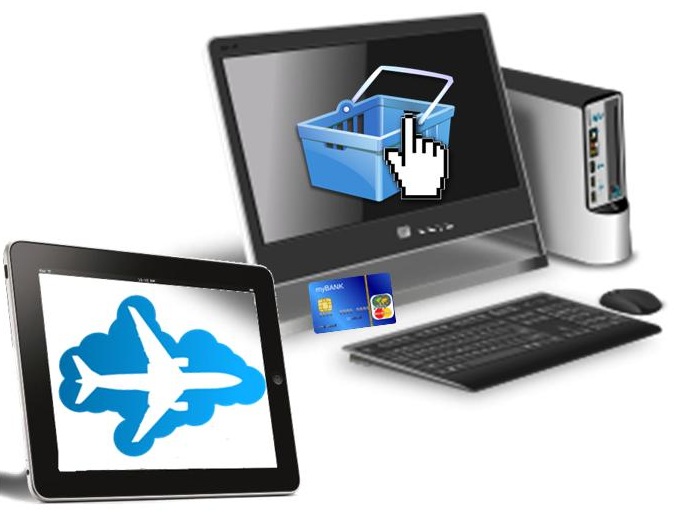Though it is probably coming, it is still likely another five to ten years away.
Having first debuted at CES in 2013, is the latest Microsoft experiment that brings augmented reality into the living room of a home using a combination of a projector and a Kinect camera.
The purpose would be to enhance the environment in which consumers live every day.
The introduction of the augmented reality technology explained that it was meant to “blur the lines between on-screen content and the environment we live in.” There were a series of different proposed applications for this type of technology and experience. However, the most commonly noted was its potential for integration with gaming in order to generate an exceptionally exciting playing experience.
Augmented reality would allow imagery to be projected around the entire space, not just on the screen.
The result of this augmented reality gaming projection would be an expansion of its boundaries, for an added layer of game playing immersion. This would allow features to be seen all around the individual, not just straight ahead. In theory, this could mean everything from wildlife to projected weather effects.
Microsoft explained that the augmented reality tech would be made possible through one of its “next-generation gaming console” devices. That hints that it could potentially be present in one of the next versions of the Xbox. At the same time, Microsoft has been repeatedly saying that “it’s purely a research project,” so consumers might not want to get their hopes up, quite yet.
Hrvoje Benko, from Microsoft Research, explained that IntelliRoom and the related reference to next generation consoles are not necessarily an “explicit reference” to the company’s Xbox. However, it is more likely to be a statement regarding augmented reality technology that could come available in “five or ten years.”
At the same time, Benko did say that Kinect and Xbox teams have been partnered in a number of different IllumiRoom related projects. He did state that “there’s a dialogue going on continuously there.” Equally, though, he also pointed out that the augmented reality experience still has many issues that need to be resolved before it would come close to being ready for sale to consumers.

 Though research is often performed over mobile, the actual purchases are still being made on desktops.
Though research is often performed over mobile, the actual purchases are still being made on desktops.